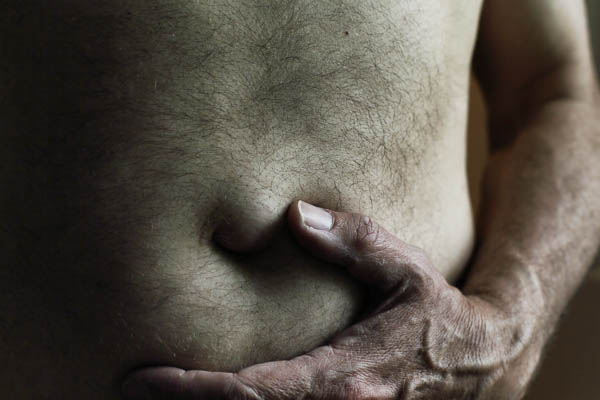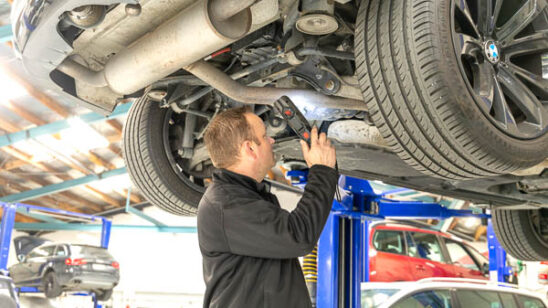
Types of Hernias: The Hernia Clinic
The abdominal wall plays a critical role in in our bodies, creating the boundary lines of the abdominal cavity and holding everything together. So, when it is compromised by a combination of muscle weakness and strain, it can lead to problems.

“A hernia is the protrusion of the abdominal contents through the abdominal wall,” hernia specialist Mr Ross Roberts from The Hernia Clinic explains. “They can arise spontaneously or following previous abdominal surgery.
“While a hernia will usually exhibit as a lump in the groin, sometimes it is not noticeable and will only be picked up in a routine examination.”
Risk factors for hernias include obesity, pregnancy, muscle weakness or previous abdominal surgery.
“There are several types of hernias that can occur – for instance, diaphragmatic hernias can include congenital hernias (present at birth due to failure of diaphragm to develop), or hernias which are acquired due to wear and tear, for example the hiatus hernia, when the stomach bulges up into the chest through the diaphragm, causing reflux.”
The most common hernias are inguinal or groin hernias, which are most often seen in men. Femoral hernias are more common in women and happen when a weakness develops adjacent to the major vein draining the leg, with protrusion into the upper thigh. Umbilical hernias occur through a weakness in the belly button, while incisional hernias result from a weakness in a previous abdominal scar.
“These are more common after major abdominal surgery, particularly where there have been wound complications, or an infection which has prevented proper wound healing and results in long-term weakness,” Ross explains.
Hernias of any type can be dangerous, with the risk resulting from the possibility of them getting trapped and twisted in the weak spot in the abdominal wall. This is known as a strangulated hernia. If the intestinal loop gets damaged, its contents can leak out, leading to gangrene and peritonitis.
Although most hernias aren’t immediately life-threatening, they don’t go away on their own and require surgery to prevent potentially dangerous complications. Importantly, repair is relatively easy and straightforward in most cases.
“Most of these hernia types can now be repaired with keyhole surgery, however, small hernias, such as umbilical hernias, are still often best repaired using open surgery through small incisions.
“The only effective treatment for adults is surgical repair and, when the hernia is suspected, it’s advisable to discuss treatment with one’s healthcare professional.”
Contact The Hernia Clinic on 03 961 6666 or email info@herniaclinic.co.nz.




